When, in 1967, Edoardo Sanguinetti and Giorgio Manganelli brought out an experimental series of books entitled “La ricerca letteraria” (“The Literary Awakening”) with the Einaudi publishing house in Turin, the first title published was the prose work “La figlia prodiga” (“The Prodigal Daughter”) by Alice Ceresa, who was working in Rome as an editor. The work creates a female counterpart to the prodigal son in the Bible. However, it remains entirely in the abstract sense of a hypothesis, eschews consumption and financial gain, and was a highpoint in the experimental literature of the 1960s. This abstract modernity is all the more remarkable since the book’s author was educated by one of the great Italian neorealist writers, Ignazio Silone (1900–1978).
Basel, Bellinzona, Zurich
Born in Basel on 25 January 1923 as the daughter of an Italian-speaking father and a German-speaking mother, Alice Ceresa grew up bilingually in Bellinzona and wrote her first works for the newspaper “Il Dovere”. In 1943, she moved to Zurich where she got to know Ignazio Silone who was living there in exile. The Italian, a committed socialist who fought against fascism, wanted to turn her into a writer according to his own designs. She is said to have responded that the art of writing can only come from what an author has to say.
She nevertheless followed Silone to Rome when he founded the “Associazione Italiana per la Libertà della Cultura” in 1951 and spent ten years working as the organisation’s secretary. A dual Swiss and Italian citizen, she fully integrated into life in Italy, worked as an editor for the Longanesi publishing house and remained in the eternal city even after Silone’s death.
The end of the family
Alice Ceresa’s second novella “La morte del padre” (The Death of the Father), published in a magazine in 1979 and finally as a book in 2003, possesses a similar spirit of rebelliousness to “La figlia prodiga”. The family gathered for the father’s funeral is mercilessly dissected character by character. Alice Ceresa displayed her unique style of writing most impressively, however, in 1990 in the novel “Bambine” (Girls). She poignantly and disconcertingly depicts two adolescent girls in an absurdly repressive family and in a Kafkaesque environment teeming with the sick and the mad. The social construct of the “family” has rarely been as radically and ruthlessly reduced to its power structures as it is in this shocking novel. It brings to mind a film in slow motion and inexorably denounces childhood as a school of unkindness, repression and grand delusions.
Characters like dolls
Averse to any kind of sentimentality and anything realistic or naturalistic, in all her works Alice Ceresa mercilessly scrutinises reality, its mechanisms and the relativity of language used to convey something. Her characters seem like dolls staggering around helplessly and without hope in a fragile world. One literary critic once remarked: “In the perfect syntax of her sentences, life is transformed into the bleak parody of a prison from which there is no escape.” When Alice Ceresa died in Rome on 22 December 2001, the Italian media lauded the Swiss author as one of the great experimental writers of Italian literature in the 20th century. This was categorically confirmed in 2003 when the novella “La morte del padre” finally appeared in book form.
CHARLES LINSMAYER is a literary scholar and journalist in Zurich
Quotation:
“When they gather around the dining table at home as a group to feed all the different mouths there, it is perhaps as though they are feeding a composite body whose individual parts are the limbs. They work in unison so that they can all visibly demonstrate their organic participation. Later, or rather now, inexperienced dirty little hands will calmly clasp the family cutlery in touching imitation of the adults. Here you can see the usefulness, if not the essence, of learning in a small group...” (From: “Bambine. Geschichte einer Kindheit” (Girls. Story of a Childhood))
Bibliography: “La morte del padre” is available in Italian from Tartaruga in Milan. The German translations are currently out of print.
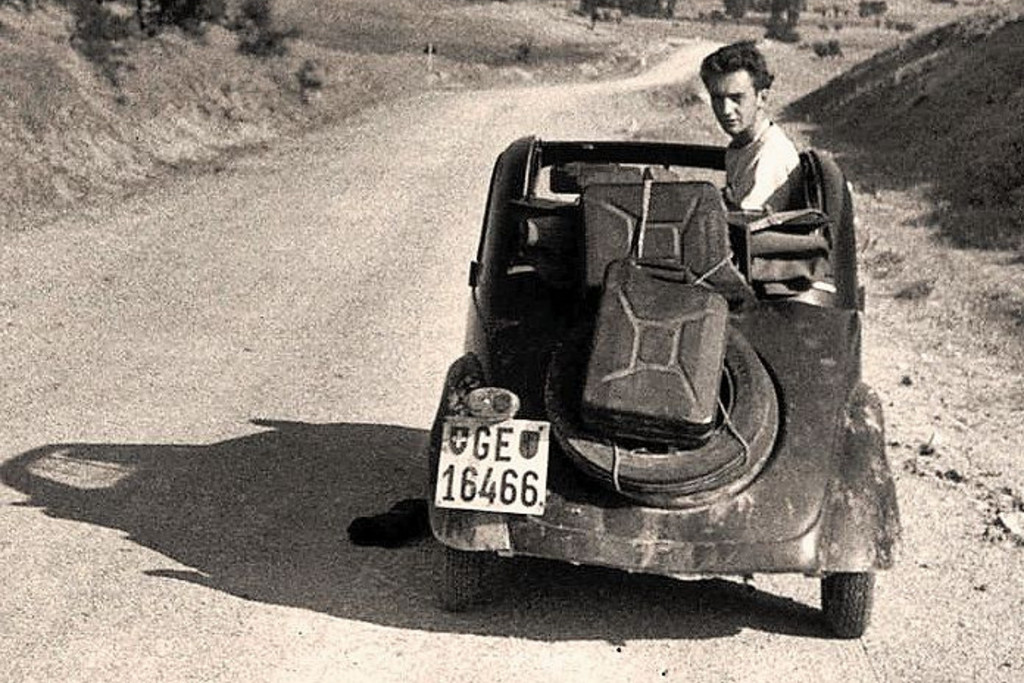
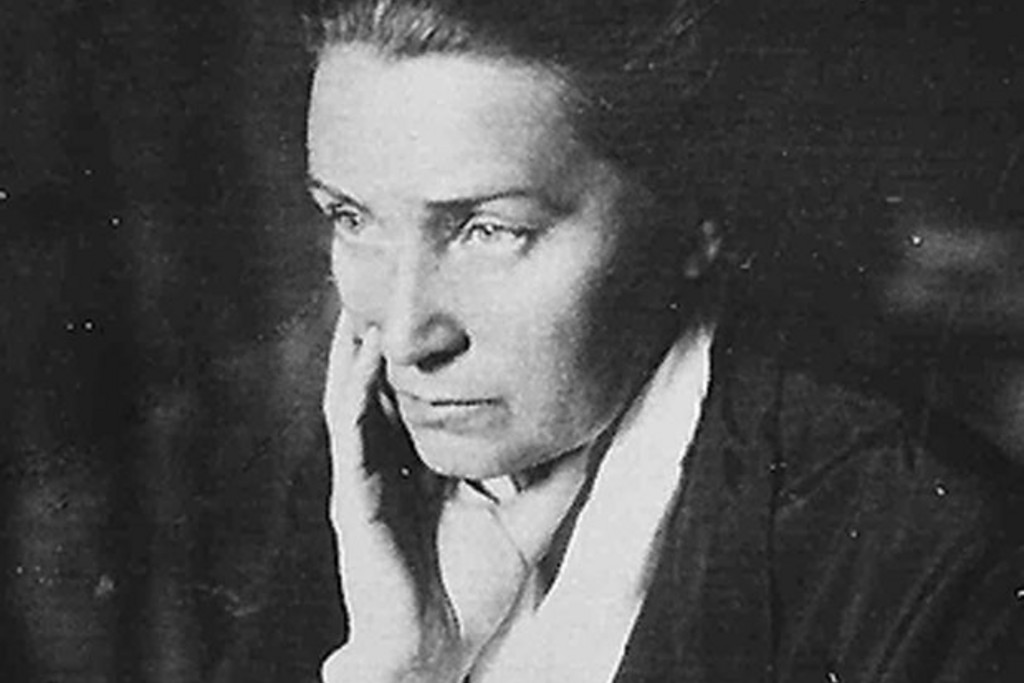


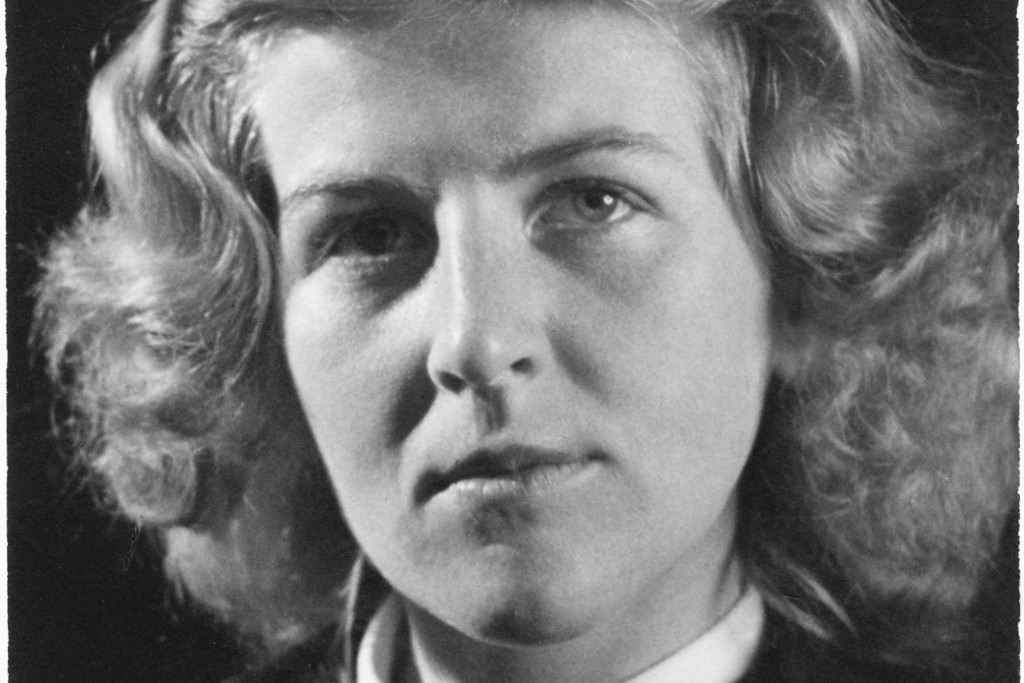

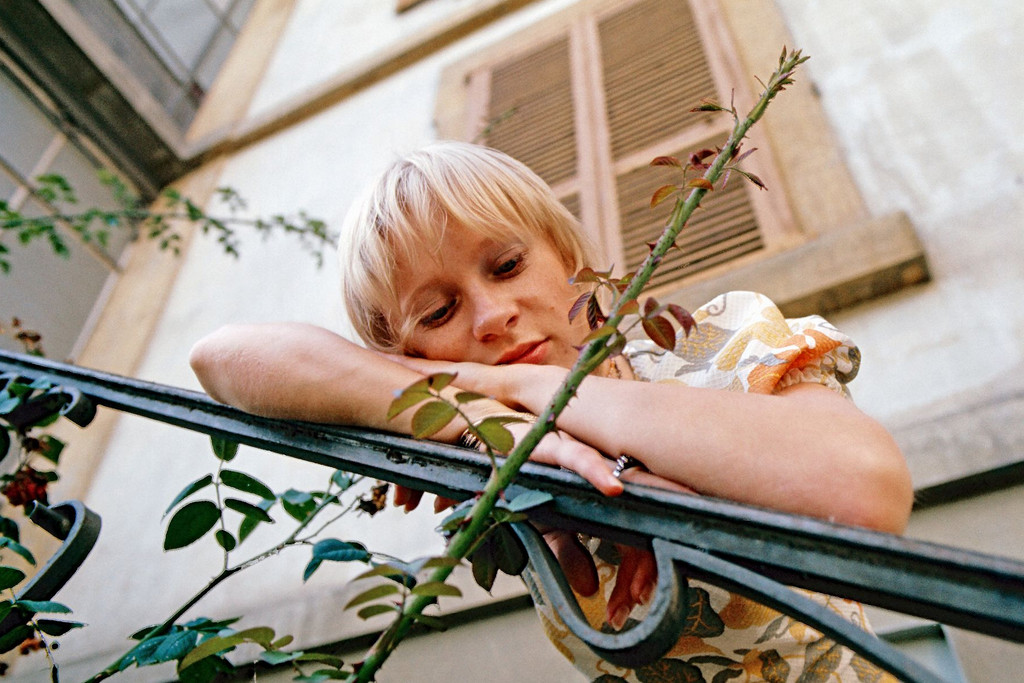
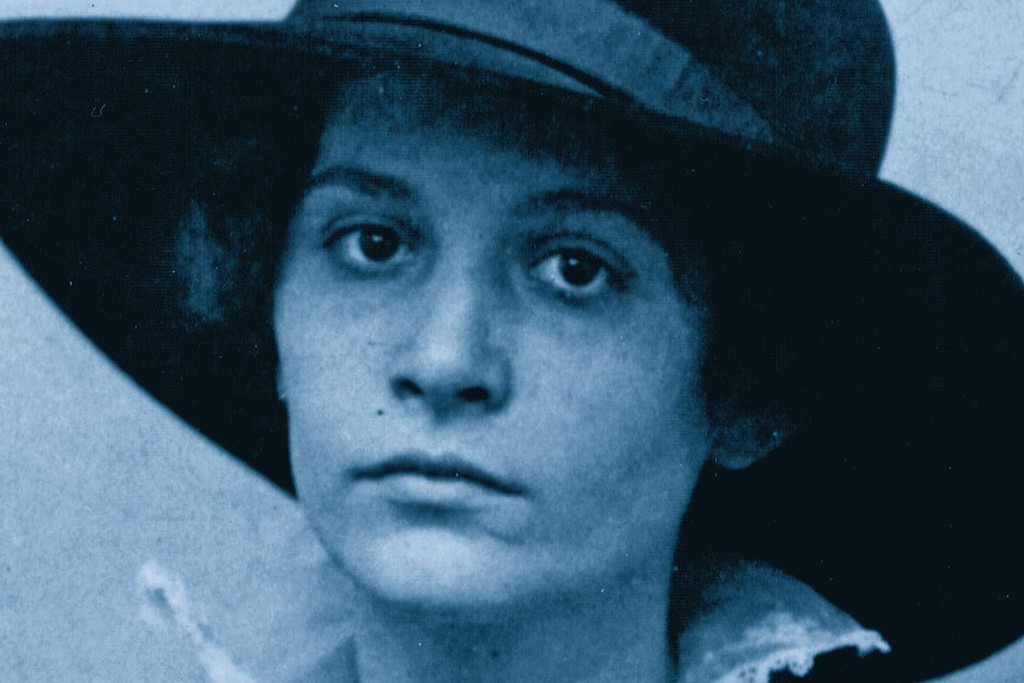



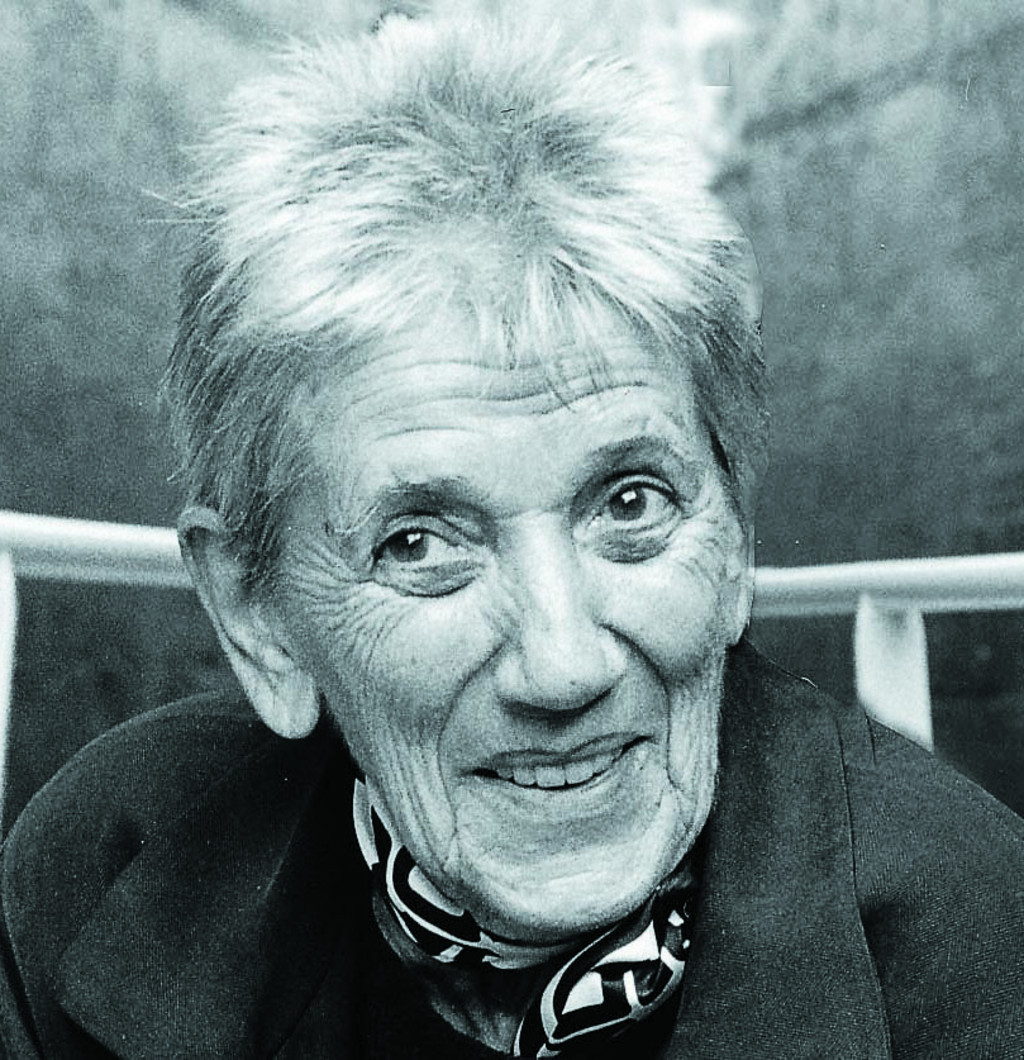
Comments